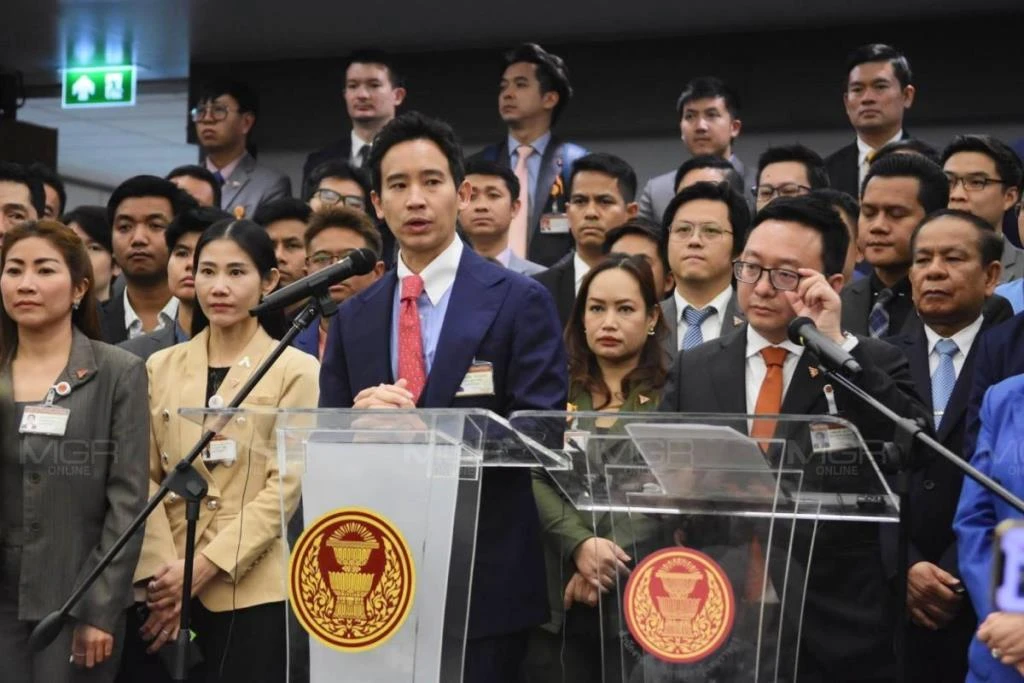Thailand’s tourism sector remains stable despite court ruling, says TCT president

The Tourism Council of Thailand (TCT) president, Chamnan Srisawat, has reassured that the Constitutional Court ruling will not destabilise the government or the country’s tourism sector. He confidently stated that international tourism demand would remain unaffected unless there was severe violence.
Chamnan credited Prime Minister Srettha Thavisin’s government with beneficial tourism-driving initiatives, such as visa-free travel for high-potential markets. Despite governmental stability, Chamnan acknowledged the challenges of attracting 35 million foreign tourists and achieving a revenue of 1.9 trillion baht (US$53,467,710,000) this year.
Chookiat Ophaswongse, the honorary president of the Thai Rice Exporters Association, suggested it was premature to determine the court ruling’s repercussions. He warned that legal action against the Move Forward Party (MFP) could lead to political unrest and demonstrations, affecting tourism, exports, credibility, and markets. The extent of these potential consequences, he noted, would rest on the government’s ability to manage the situation effectively, reported Bangkok Post.
Jitipol Puksamatanan, head of macro and wealth research at CGS-CIMB Securities (Thailand), expressed concern that the court ruling could lead to the MFP’s dissolution and negatively impact the Thai stock market.
“It shows Thailand’s politics remain unstable. We still have a political structural problem that must be resolved. Even if the MFP wins the next election, there may be problems arising from today’s ruling.”
Despite the political instability, Jitipol noted that stock market investors prioritise the financial results of listed firms and global factors over domestic political issues. He added that if the government supports economic growth, it could positively influence market sentiment and drive the Thai index.
In related news, despite the Thai tourism sector experiencing a drop in Chinese visitors last year, the government remains optimistic about an increase in arrivals this year, targeting eight million visitors from the mainland. This optimism is fuelled by the prospect of the visa-free policy becoming permanent in March.
Latest Thailand News
Follow The Thaiger on Google News:


























